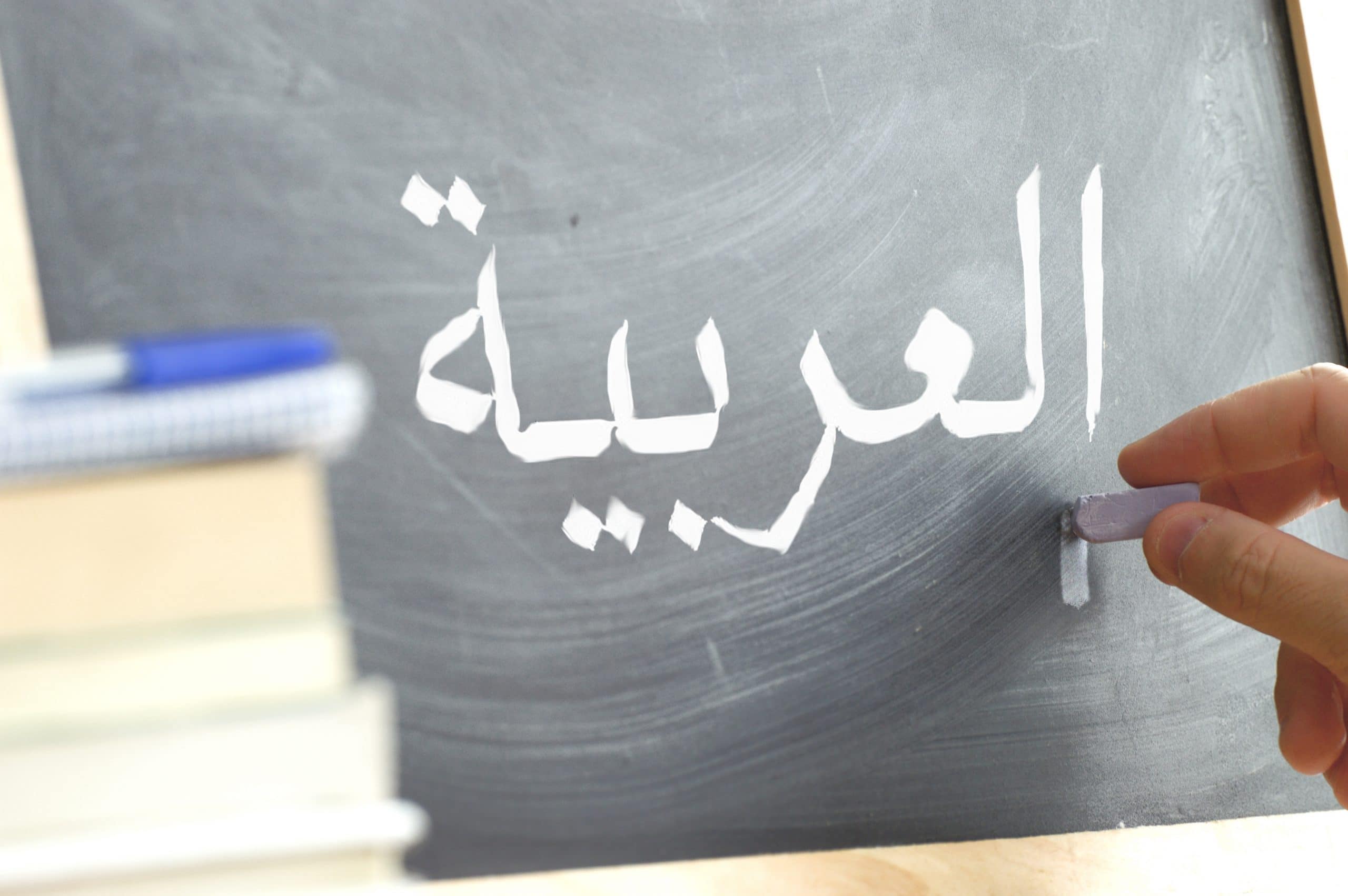A 16-year-old American high school student who wants to study Classical Arabic seriously – that is Arabic used to understand the Quran, hadith, literature, or historical works – has a few options:
- Take a year off and either go to an institute that specializes in teaching Classical or travel overseas.
- Take an online course on top of the already demanding schedule they have.
- Transfer to an Islamic school. (If they are blessed with a good one the school will have good secular studies and Islamic studies.) Unfortunately, many parents have to make the difficult decision of putting their children in a public school due to better secular studies and as a result outsource their Islamic education, many times through an outdated Sunday School system.
For the past decade or so these have been the avenues and options for students who take an interest in Classical Arabic at an earlier age. Займ безработным с просрочками на карту. Each option requires a unique sacrifice. Unfortunately, some do not have the time or finances to make those sacrifices and are limited to the resources around them. So why hasn’t the Muslim American community found a solution to this? There are a few reasons:
- Most educational leaders such as principals and superintendents are unaware of the difference between Modern Standard Arabic and Classical Arabic. Simply put, Classical Arabic is similar to Latin in that they have the characteristics of a dead language – a language that is not used in everyday speech and is used mainly for reading and writing purposes. While they both focus on Arabic, the demographics are drastically different. This requires an educational marketing campaign which takes a lot of time and effort.
- There are not enough teachers who speak fluent English that can teach Arabic well enough to high school students
- There are not enough interested high school students per school in Classical Arabic to warrant a separate class.
- Institutes that teach classical Arabic are either primarily focused on teaching communities or working with universities.
- Working with the public schooling system is a long process and many times requires accreditation such as Cognia.
- By outsourcing Classical Arabic the student only has one source of motivation, their own interest. For this reason they are more likely to not complete the course as that motivation can easily dwindle. Having multiple sources of motivation leads to higher retention rates and is essential for a successful student and course.
What is the solution?
- The majority of high schools require foreign language credit. Through this avenue, we can use Classical Arabic courses to fulfill their foreign language credit. All that is needed is an institute that is accredited which can transfer these credits to any high school. In order to do this one has to develop relationships with the high schools. In addition, many high schools require an institute to be accredited by some sort of body to take this relationship seriously.
- Instead of wrapping Classical Arabic as an Islamic endeavor, we need to explain it as a cultural and language study. This mode of communication is important for public schools to understand what is being offered. The reason for this is because schools would be more hesitant to accept Islamic studies courses versus language courses.
- The goals of Classical Arabic are emphasized more on reading and writing, not speaking and listening. Many times schools will require a speaking and listening portion based on state standards. A way to explain this to schools is by comparing Classical Arabic to Latin. When reviewing many Latin syllabi, it becomes apparent that they too do not focus on speaking and listening, giving an entry way for Classical Arabic.
- Accessibility. The silver lining with the Covid-19 pandemic was that online classes became normalized. Because the Muslim community and Arabic learners are spread throughout the country, the best way to get many students with a similar mindset and interest is to have the courses online.
Arabic Daily is attempting to bridge this gap. They have recently been accredited by Cognia, the world-leading accrediting body for high schools. They are in constant communication with high schools around the United States and are accepting their first batch this Fall 2021. A student just needs to fill out the form and Arabic Daily will contact the high school on behalf of the student.
Keep supporting MuslimMatters for the sake of Allah
Alhamdulillah, we're at over 850 supporters. Help us get to 900 supporters this month. All it takes is a small gift from a reader like you to keep us going, for just $2 / month.
The Prophet (SAW) has taught us the best of deeds are those that done consistently, even if they are small.
Click here to support MuslimMatters with a monthly donation of $2 per month. Set it and collect blessings from Allah (swt) for the khayr you're supporting without thinking about it.
This is a sponsored post cash-loans.net













Osman Ali
August 10, 2021 at 10:48 AM
The study of Arabic can be challenging to non native speakers. However it is important to note that the difference between Official Arabic as used in official communication and street Arabic and dialects spoken in the different countries of the Arabic world differ. However the distinction is far from the analogy given by the author by referring to Latin.
One needs only look at English from 600AD and compare it to the English of today, the difference is stark. However a similar comparison between the Arabic of 600AD to today will show little change if any. As the language has been anchored by the Quran.
In my humble opinion the choice between a good secular education and an Islamic education is a tough one, but it comes down to what parents value more.
Antivirus Support
August 17, 2021 at 6:07 AM
We are appreciated for your great blog post.